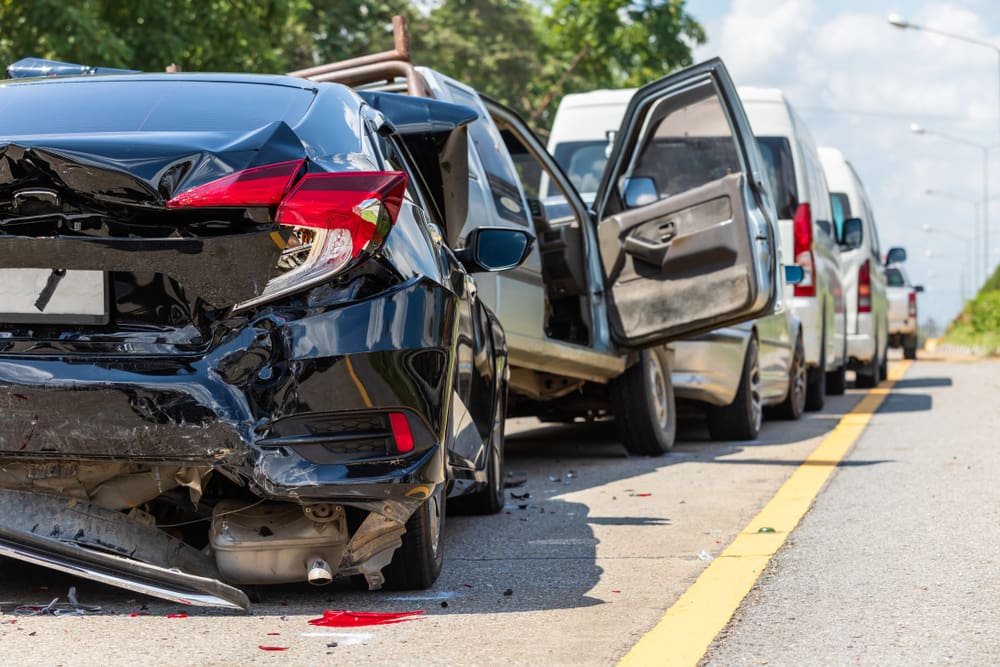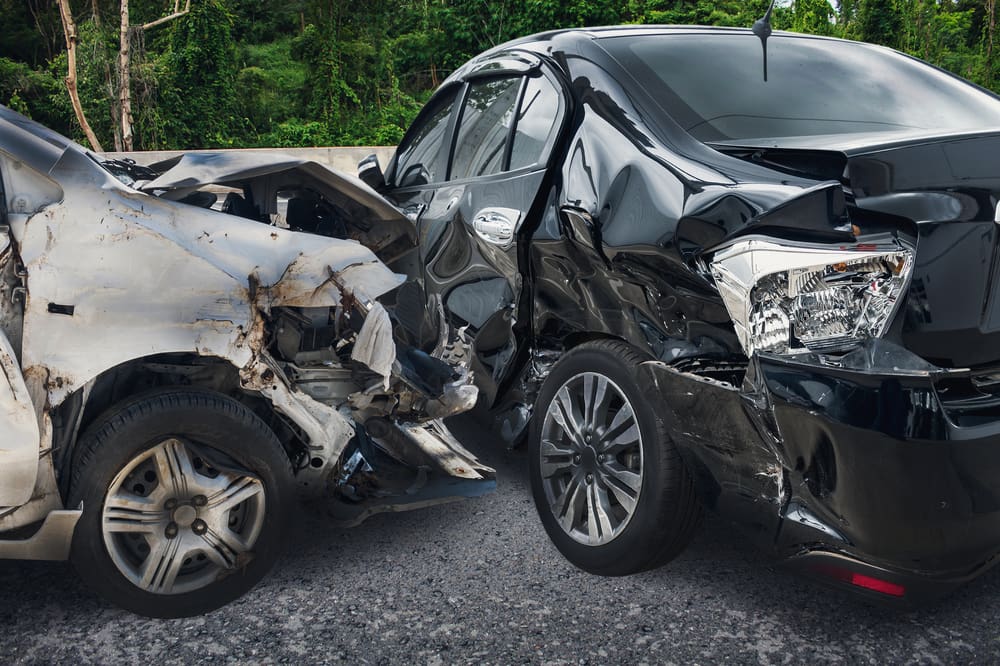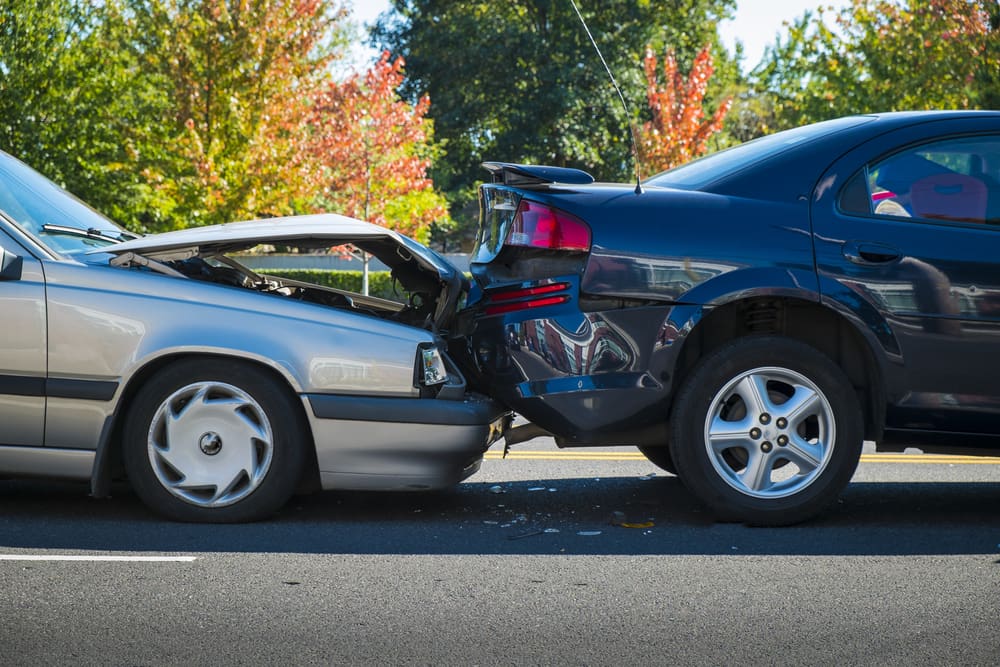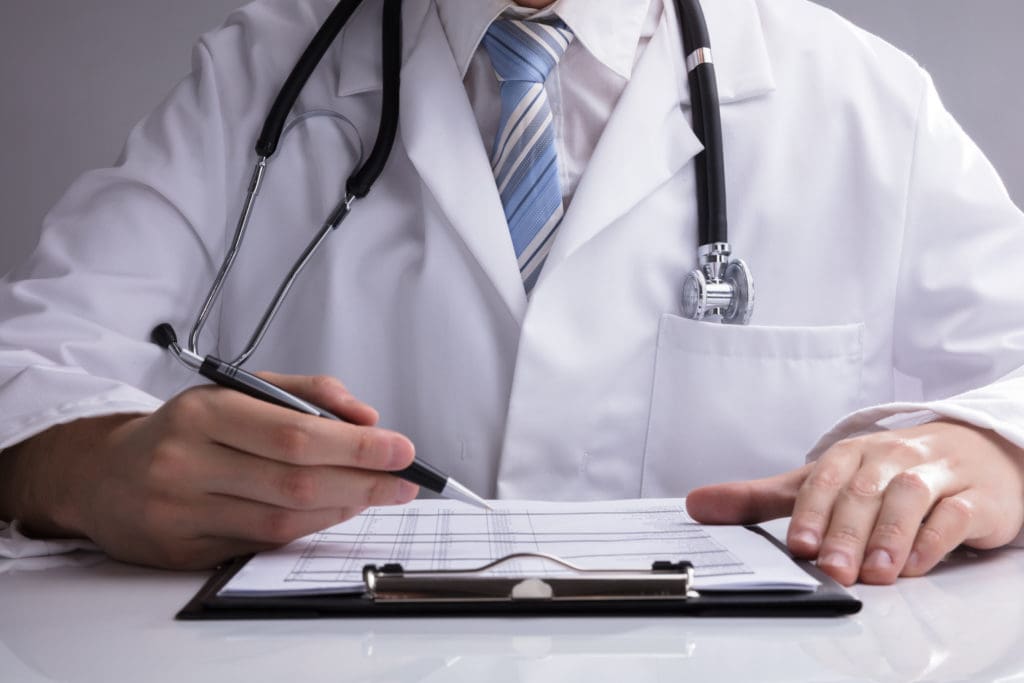Our Top 4 Car Accident FAQ
Car accidents are common. This should come as no surprise. But a just a moment’s research into that truism yields some surprising figures to illustrate just how common they are. The National Highway Traffic Safety Administration counted 42,795 fatalities on American roads and highways in 2022. There’s a significant chance of both property damage and serious injury in any given car accident. Even if both drivers escape unscathed and with their cars relatively intact, the fallout from even a minor fender-bender can quickly become a maze of complications. As the DMV’s car accident specialists, the attorneys at Malloy Law know the ins and outs of car accidents and what drivers can expect in their aftermath. Today we’ll be answering our top 4 car accident FAQ (frequently asked questions).
Car Accident FAQ 1: Will My Insurance Premiums Go Up After My Accident?
This will ultimately depend on your insurance provider and the specifics of your policy but the answer is generally yes. Drivers who have been in an accident are statistically more likely to be involved in another, making insuring them a riskier proposition. In essence; if the insurance company thinks there’s a higher likelihood of a given policyholder costing them money (repairs, parts, medical bills, etc.) they’ll charge them more to acquire the policy in the first place.
To reiterate: this is dependent on the insurance company and the individual policy. Some insurance providers offer “accident forgiveness,” promising to keep your rates the same if you file a claim. Rates may also stay the same after an accident caused by another driver or a minor fender-bender. An attorney may also be able to negotiate with your insurance company on your behalf to ensure that your premium is not subject to unfair increases after your accident.
Car Accident FAQ 2: What About My Car’s Diminished Value?
A new car loses a significant portion of its value the second it’s driven off the sales lot. Therefore it should come as no surprise that a car will lose value after an accident, even if it’s repaired completely to pre-accident condition.
However, if certain conditions are met, you may be able to file a diminished value claim to recoup this lost value. These conditions can include:
- Another party was at fault for the accident
- You own the car (no leases)
- You own a high-value vehicle (generally less than ten years old and with no prior accidents)
- You do not have rebuilt or salvage title
- The other party was uninsured
- The state you are filing this claim in allows for diminished value claims.
It should be noted that even if you fail to meet some of these conditions, your attorney may be able to take the diminished value of your vehicle into account when negotiating a settlement.
Car Accident FAQ 3: Can I Still Recover Damages After a Hit and Run? If So, Who Pays?
Frequent visitors to this blog are likely familiar with the suggested procedure in the event that you are involved in a car accident with another driver. Call the authorities, exchange insurance information, take pictures, et cetera. But what if the other car involved in the accident flees the scene? How do you recover damages from a fugitive?
Unfortunately, in most cases; you don’t. But there are procedures in place to help drivers after being victimized by a hit and run driver. The most common is uninsured or under-insured motorist coverage on your own insurance policy. This is generally an additional charge available on most consumer insurance policies. It will be well worth the investment in the event of a hit and run incident.
Car Accident FAQ 4: How are Medical Bills Covered if an Attorney I hired Says “No Out of Pocket Costs?”
In personal injury law, it is fairly common practice to employ the contingency fee system. This means the attorney’s fees are deducted from the damages recovered after the case is settled. This ensures no further financial stress to the injured party and makes legal services more accessible to more people. Malloy Law is proud to employ this system in our own firm.
A similar system is employed when picking up the bills for any doctor’s visits, tests, or other medical procedures the attorney’s client may require. Oftentimes a professional diagnosis or the results of an MRI or X-Ray can be a vital piece of evidence when negotiating a personal injury settlement. Experienced attorneys generally have arrangements with local doctors to whom they’ll send their clients. The doctors will then place what is called a “lien” on any settlement recovered. This is basically a means of laying claim to the cost of their services. This means you will not have to dig into your own pockets to cover medical expenses when pursing a personal injury settlement.
How Malloy Law Can Help
Malloy Law prides itself on a culture of communication, individual attention, honesty, and empathy for our injured and wronged clients. We hope this short guide has been informative and educational. For any further questions concerning the ins and outs of personal injury law we invite you to further explore our blog for a wide range of personal injury topics. Also, if you find yourself in a car accident, motorcycle accident, or other motor-vehicle related collision, contact Malloy Law for a free consultation. We’ll assess your case free of charge and advise you of the best course of action.




